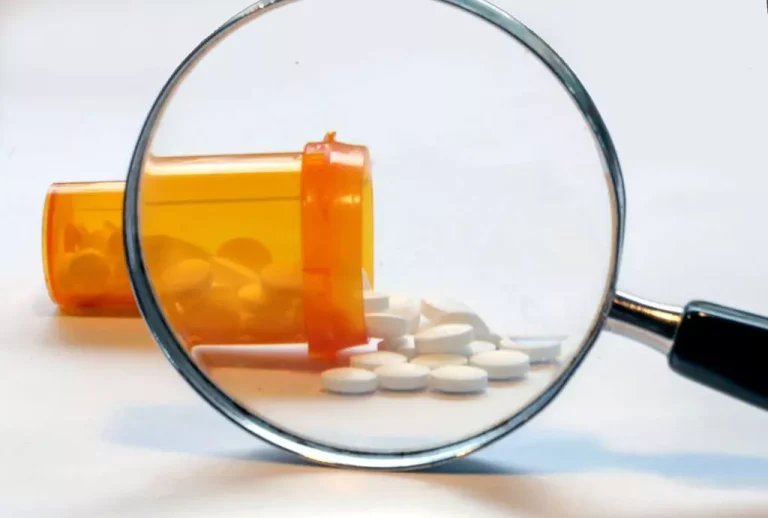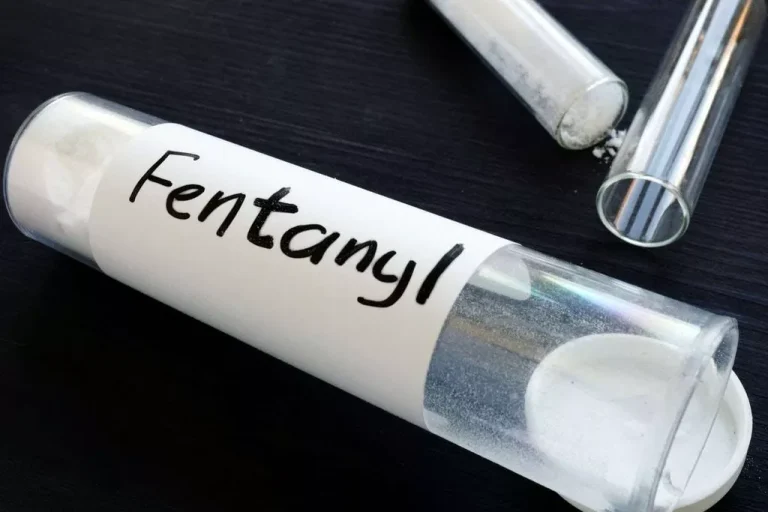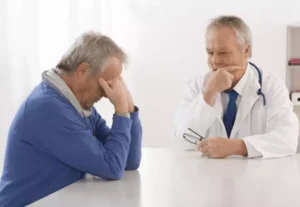
Contrary to popular belief, alternating alcoholic drinks and water will not help you avoid dehydration. But you can certainly ensure you are as hydrated as possible before consuming alcohol. You can also drink water before you go to bed to help replenish hydration levels. In severe cases of dehydration, drinking water alone may be insufficient. If you are dehydrated to the point that you are experiencing symptoms like weakness or loss of consciousness, you may need intravenous (IV) fluids administered in a healthcare setting.
Eat hydrating foods
Plus, the kidneys are charged with excreting this excess nitrogen, resulting in diuresis and, of course, the potential to dehydrate. So, if you enjoy caffeinated https://ecosoberhouse.com/ drinks, they will count as fluids that help you to stay hydrated. Just remember to follow the NHS recommendation to have them in moderation.
Although anyone can become dehydrated, certain groups of people are at higher risk. These include:

When you have food in your stomach, alcohol is absorbed more slowly into your system. It’s best to drink while eating or just after, and to snack as you continue to drink. In addition, alcohol negatively impacts neurotransmitter balance and mood regulation, which can lead to symptoms of unease and anxiety on the days after drinking alcohol.

Check if you’re dehydrated

Over time, these changes can become habits and help correct dehydration issues. The consumption of a cold soda may feel refreshing at first but likely will not satisfy a person’s thirst in the long run. Significantly high levels of caffeine intake may contribute to dehydration by stimulating the body to release more liquid than usual. A small amount of caffeine may not be an issue for most people, though increasing caffeinated beverages may contribute to overall caffeine intake.
Why does alcohol cause dehydration?

The best drink to avoid dehydration is electrolyte-enriched water. Electrolytes play a crucial role in facilitating fluid absorption into the body, and electrolyte imbalance can cause dehydration despite drinking plenty of fluids. To promote optimal hydration, it’s crucial to limit or avoid dehydrating drinks and instead opt for water with sugar-free electrolyte powder, herbal teas, lemon water, or coconut water without added sugars. You can stay hydrated and prevent dehydration by finding enjoyable ways to consume adequate fluids and increasing your intake of foods with a high water content. Drinks that contained electrolytes—milk and oral rehydration solutions, for example—were more hydrating after two hours compared to water.
You’re drinking on an empty stomach
Alcohol can cause increased urination, increased heart rate or body heat, vomiting, and other issues that can increase dehydration. Avoiding alcohol is the best way to prevent this problem, but if you do drink alcohol, be sure to also drink extra water with solutes such as protein. When consuming alcoholic beverages, it’s important to limit your intake and stay hydrated by drinking water between cocktails. Yes, alcohol has a diuretic effect, which means that consuming alcohol increases urine production and leads to fluid loss and dehydration. Depending on the juice variety in question and how it’s made, fruit (and some vegetable) juices can be a super healthy, hydrating choice.
- The sense of thirst is the body’s way of telling you that you are mildly dehydrated.
- If you notice a dry mouth or other signs of dehydration, stop drinking alcohol and prioritize hydration.
- Alcohols like whiskey and brandy have high levels of congeners, including tannins and acetaldehyde.
- According to the CDC, heavy drinking equates to more than three drinks per day or eight drinks per week for females and more than four drinks per day or 15 drinks per week for males.
- If you’ve been drinking and are experiencing alcohol dehydration symptoms, you need to restore your body’s fluid balance.
“If you notice that you haven’t urinated for a few hours or if your urine, when you do urinate, is very dark, very concentrated, that may be a sign that you’re not drinking enough,” says Dr. Fertel. However, research is mixed on the hydrating effects of certain beverages. does alcohol dehydrate you While all liquids can help maintain hydration status, some may be more beneficial than others. You can tell you are dehydrated if you are feeling thirsty, tired, peeing less, or showing signs such as muscle cramps, dizziness, headache, or unsteadiness.

Dry mouth: Your body produces less saliva when you’re dehydrated, so your mouth and tongue may feel dry.
Though there’s no instant hangover remedy, there are ways to hydrate your body after drinking and ways to prevent that hangover feeling in the first place. Chronic heavy drinking can result in high blood pressure, which is a leading cause of kidney disease. It can also weaken immunity, increasing a person’s risk of infections. According to the CDC, heavy drinking equates to more than three drinks per day or eight drinks per week for females and more than four drinks per day or 15 drinks per week for males. Binge drinking is when a person consumes an excessive amount of alcohol within a short period of time. This equates to drinking five or more drinks within 2 hours for males and four or more drinks within 2 hours for females.
- But even if you have been told to limit the amount of fluid you drink, it’s still crucial to stay hydrated.
- Letting thirst be your guide is an adequate daily guideline for most healthy people.
Why Am I So Dehydrated? 9 Common Reasons
Certain medications may make it easier for you to become dehydrated. People who are older, young children or those who may have a decreased thirst mechanism should be encouraged to drink liquids. Emergency medicine physician Baruch Fertel, MD, explains dehydration and what can cause it. Though all liquids can help you meet your fluid needs, some may be more hydrating than others.
- Caffeinated energy drinks may also contain ingredients that increase urine production and contribute to dehydration.
- When a person has very high blood sugar, their body may borrow water from other areas to balance out the volume in the cells.
- When dehydration becomes super severe, it can have much more serious medical consequences including cardiac events, seizures, and organ failure.
- To prevent dehydration, drink plenty of fluids and eat foods high in water such as fruits and vegetables.

Add Your Comment